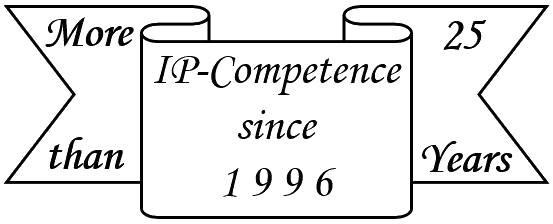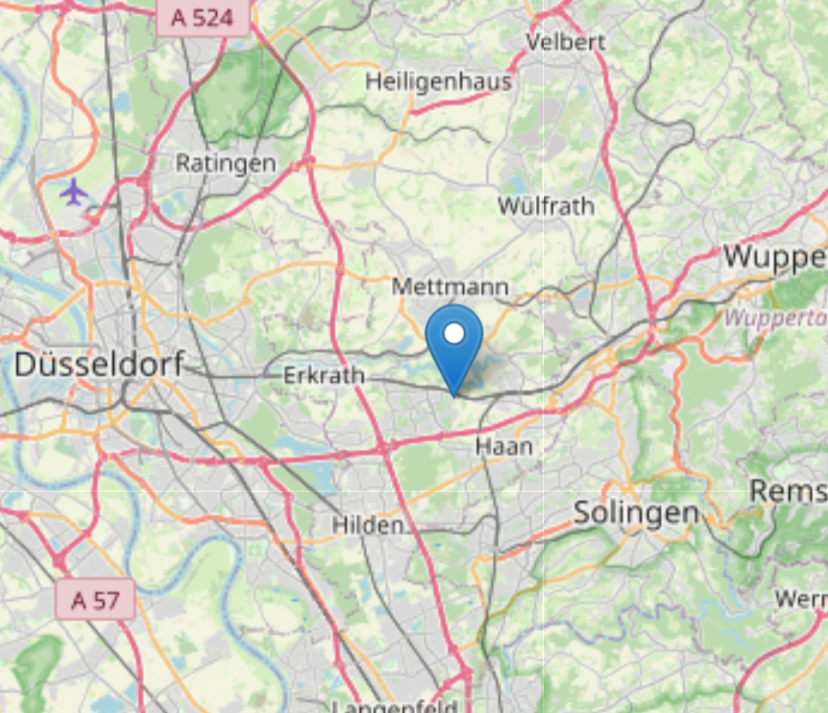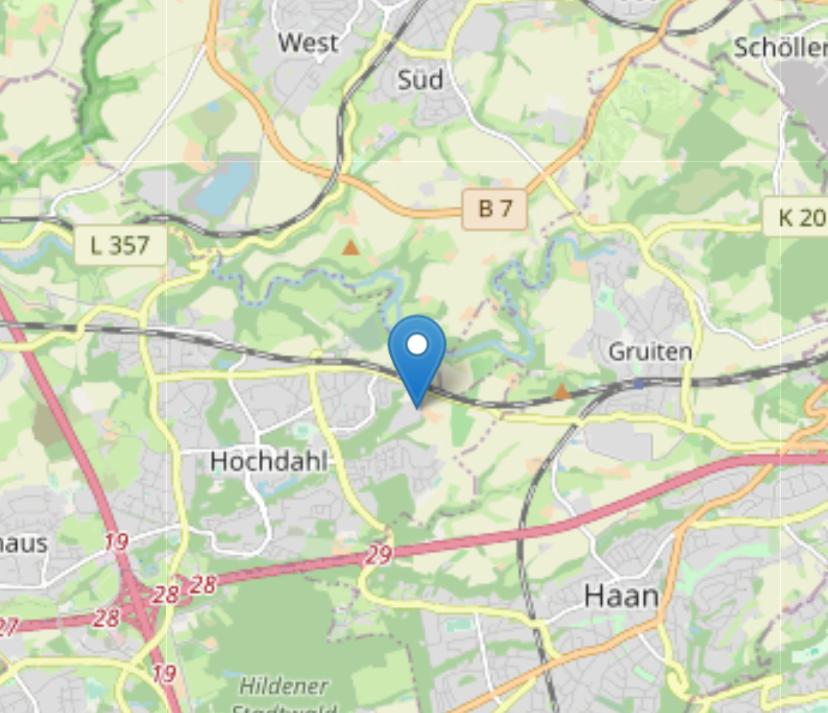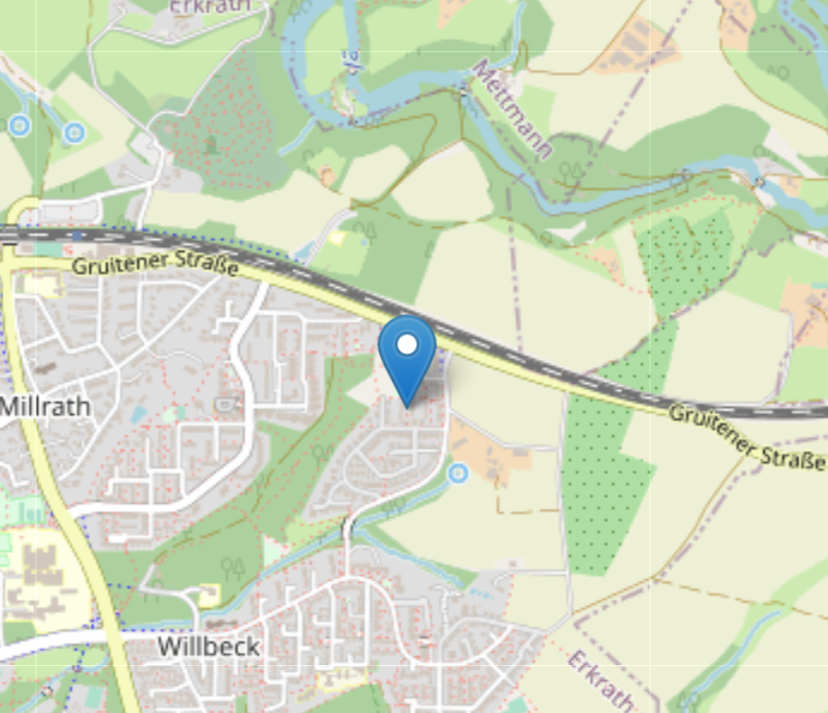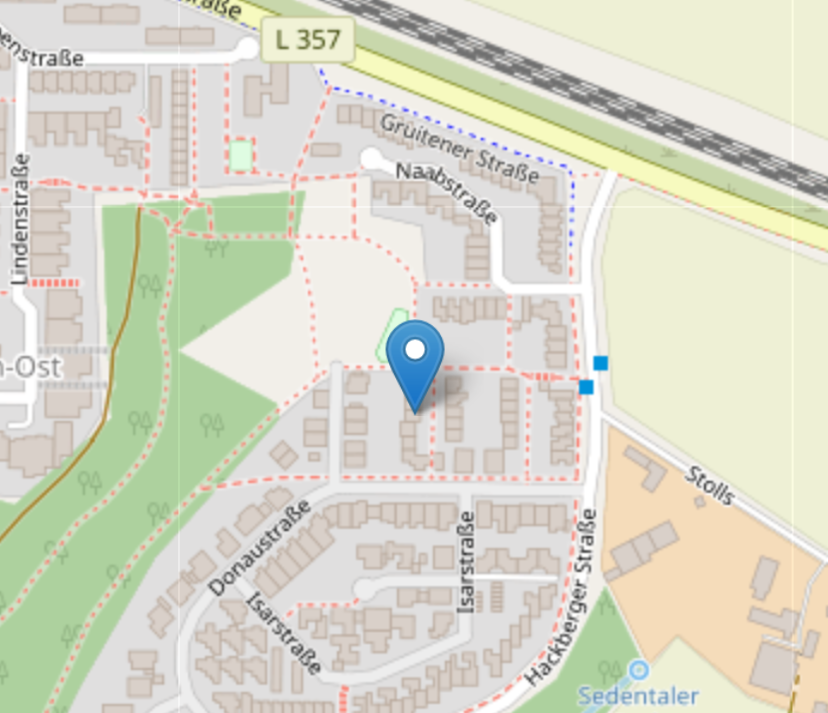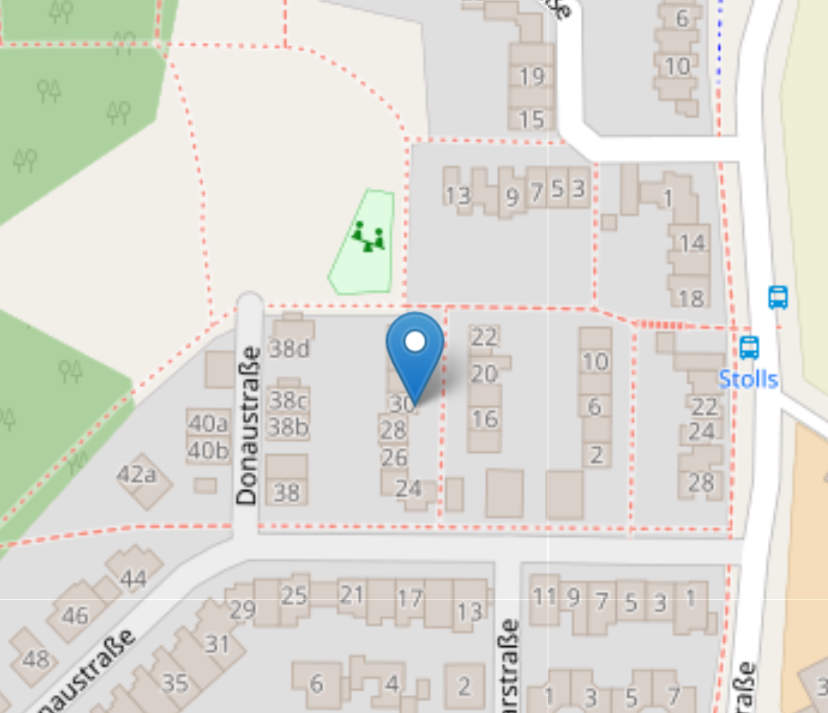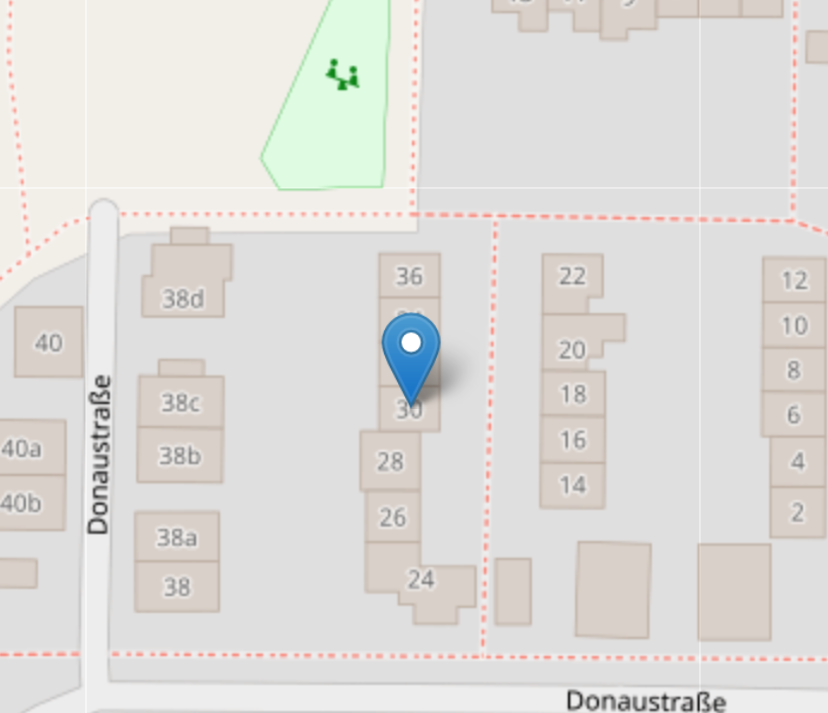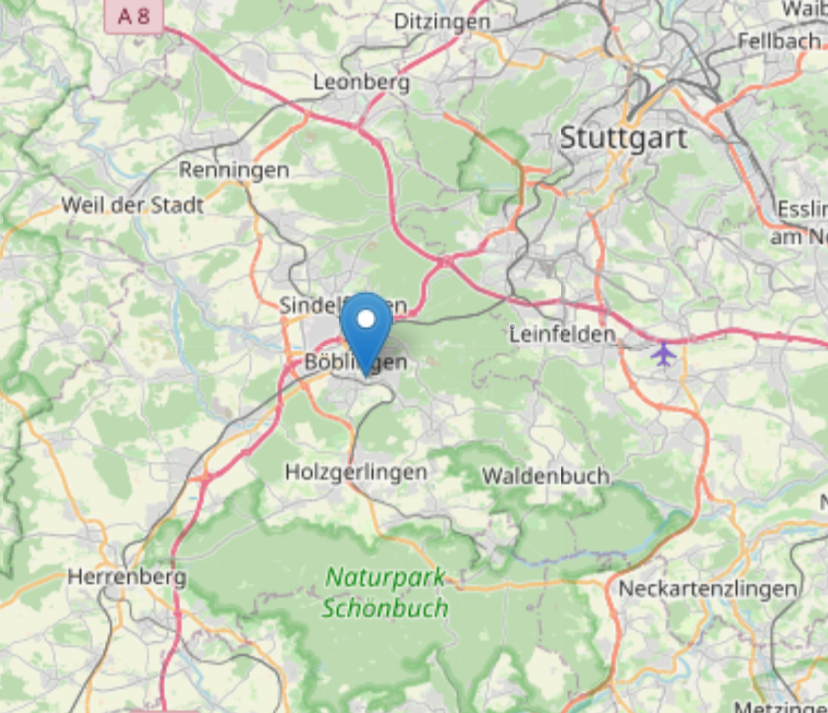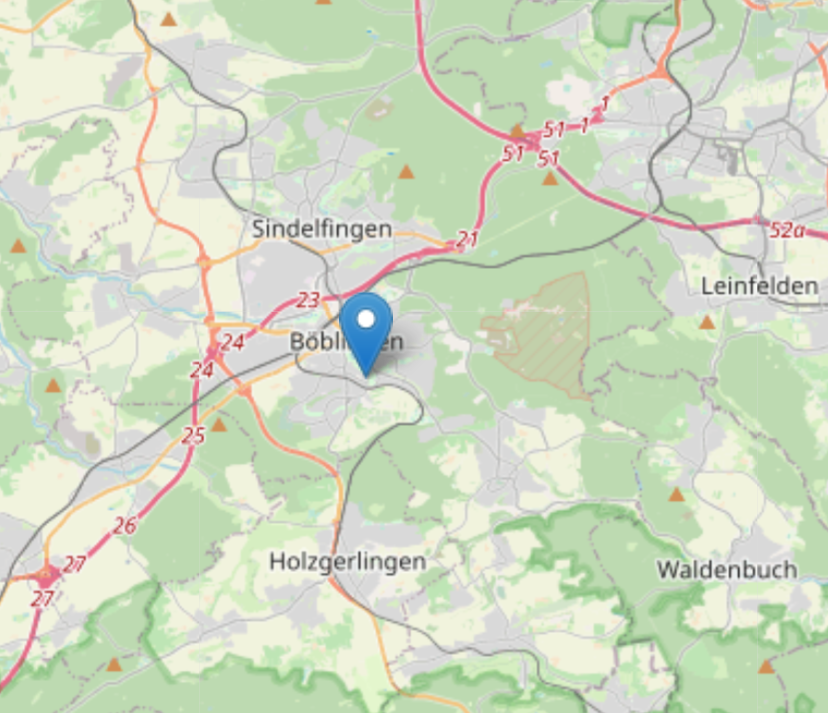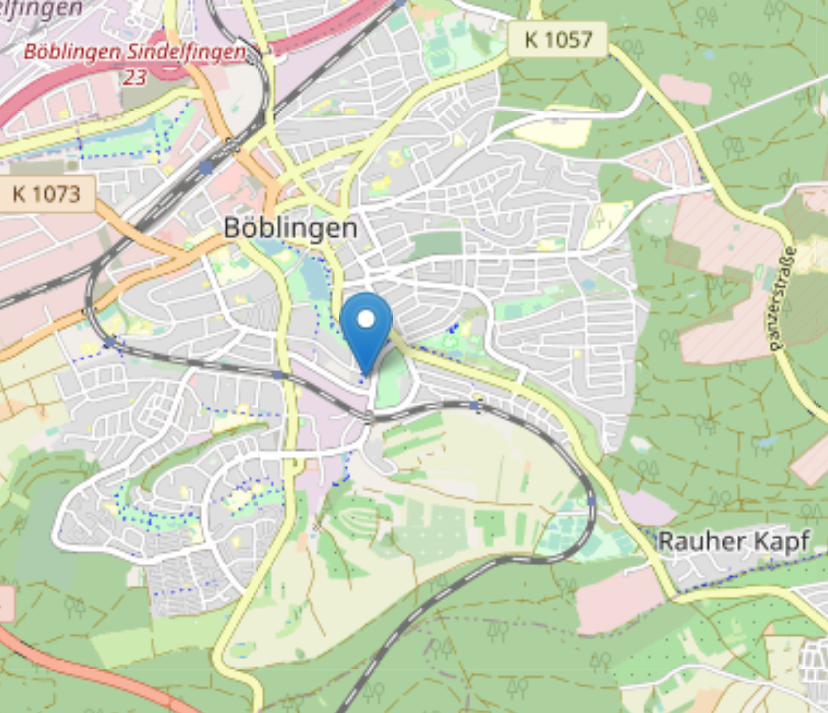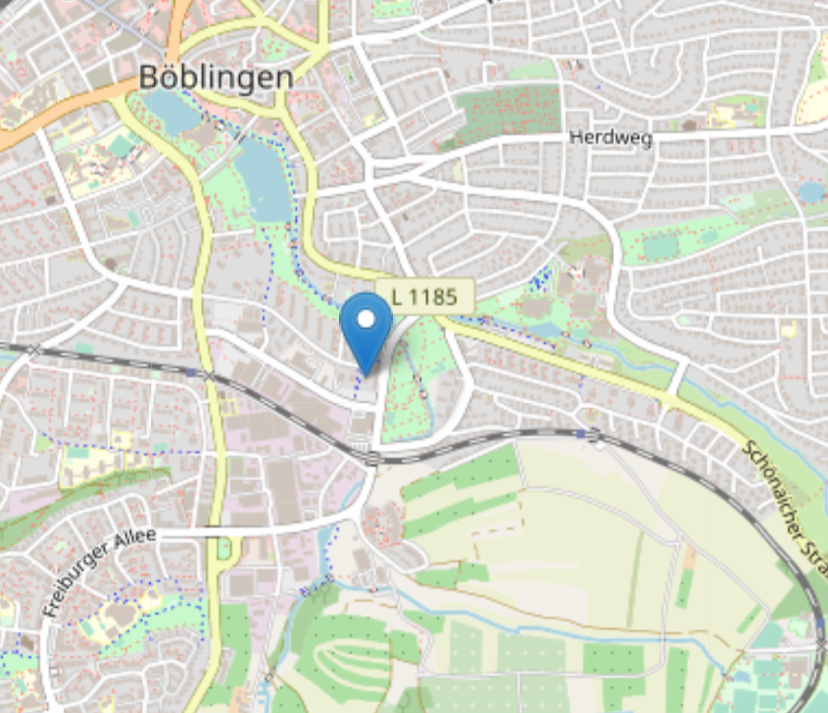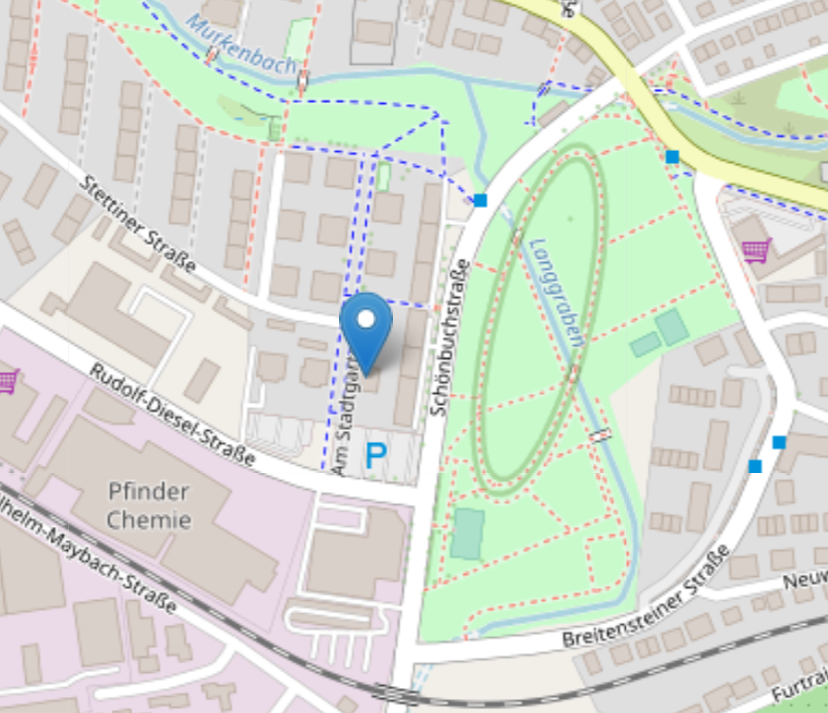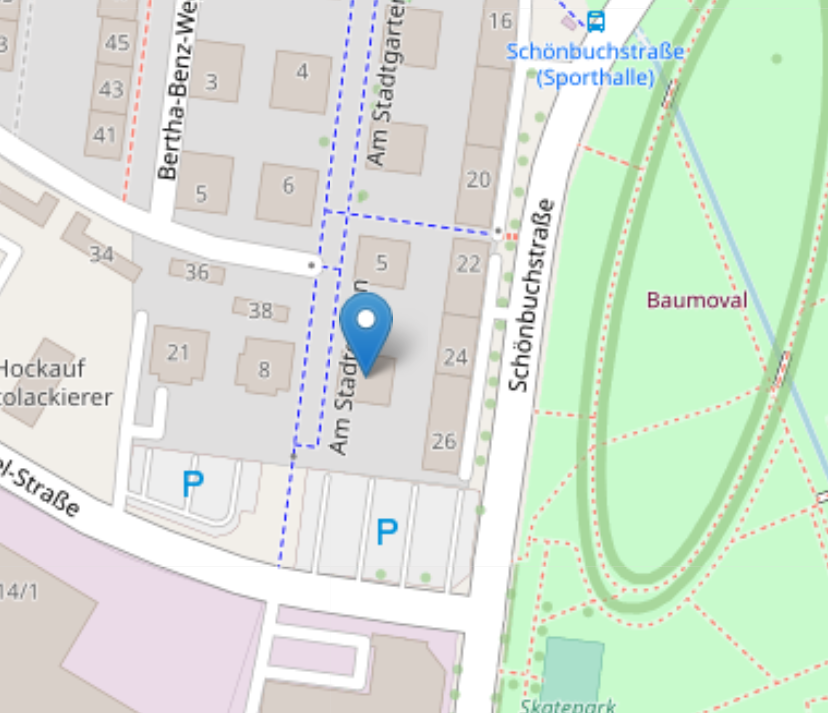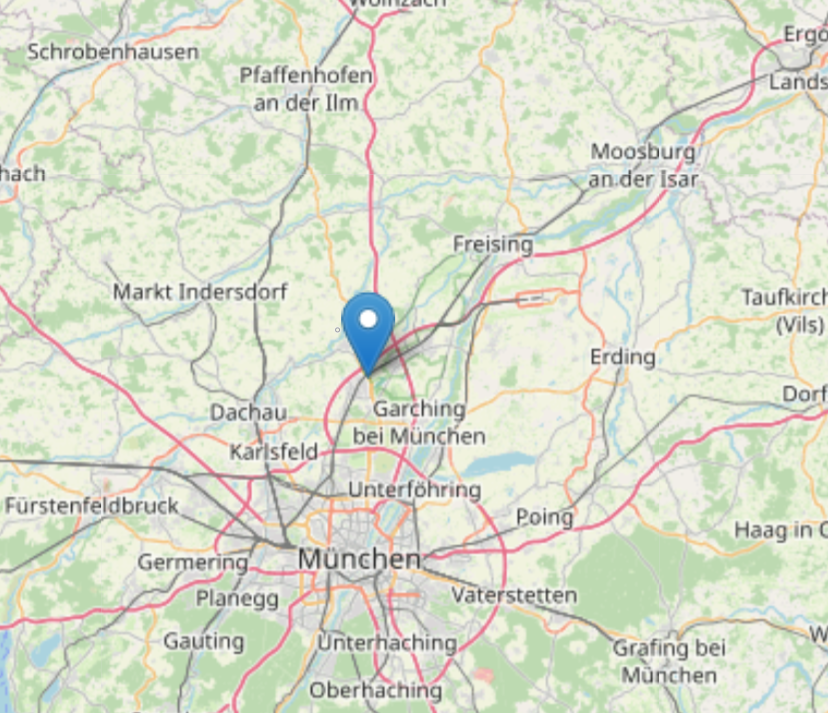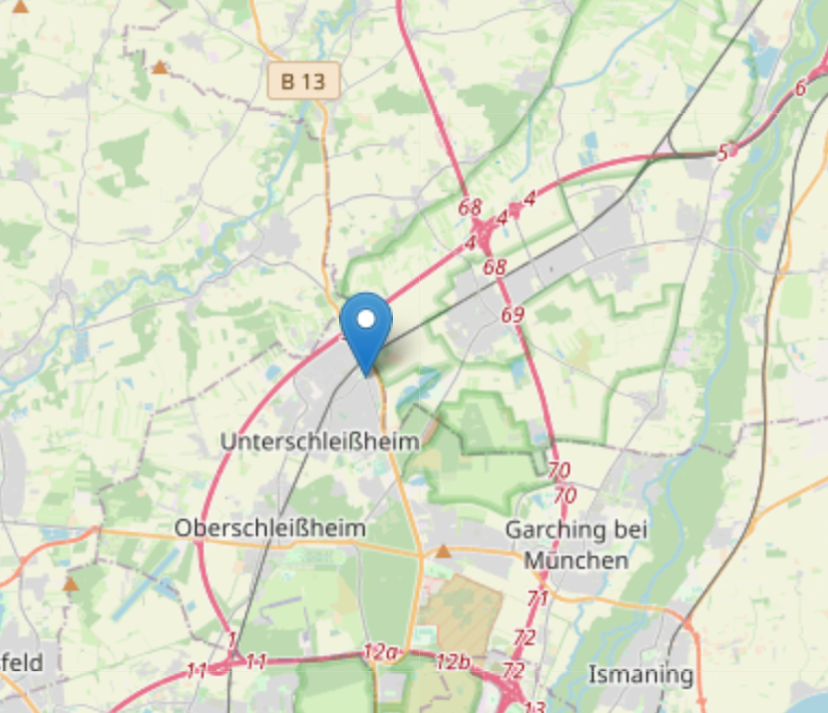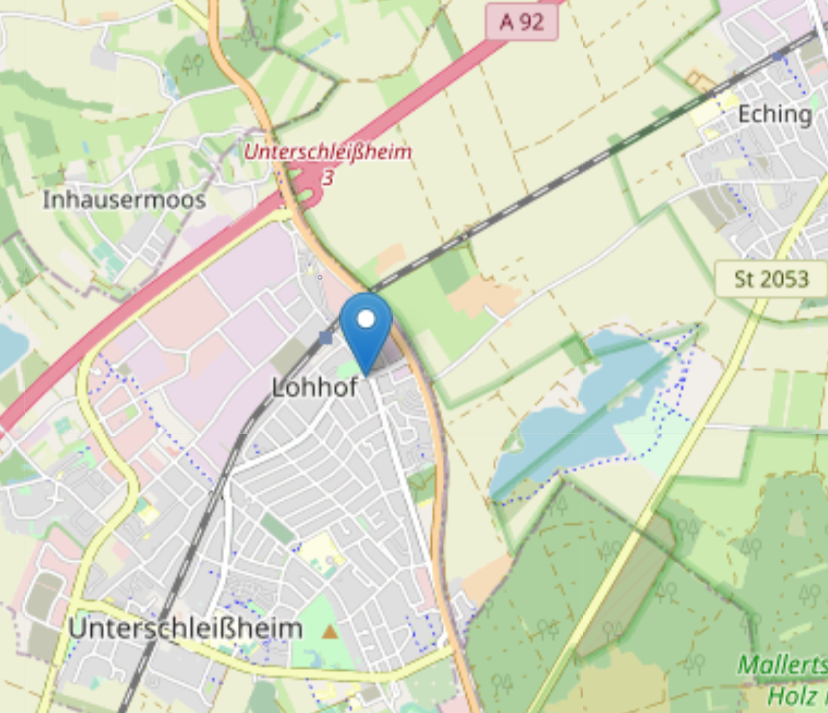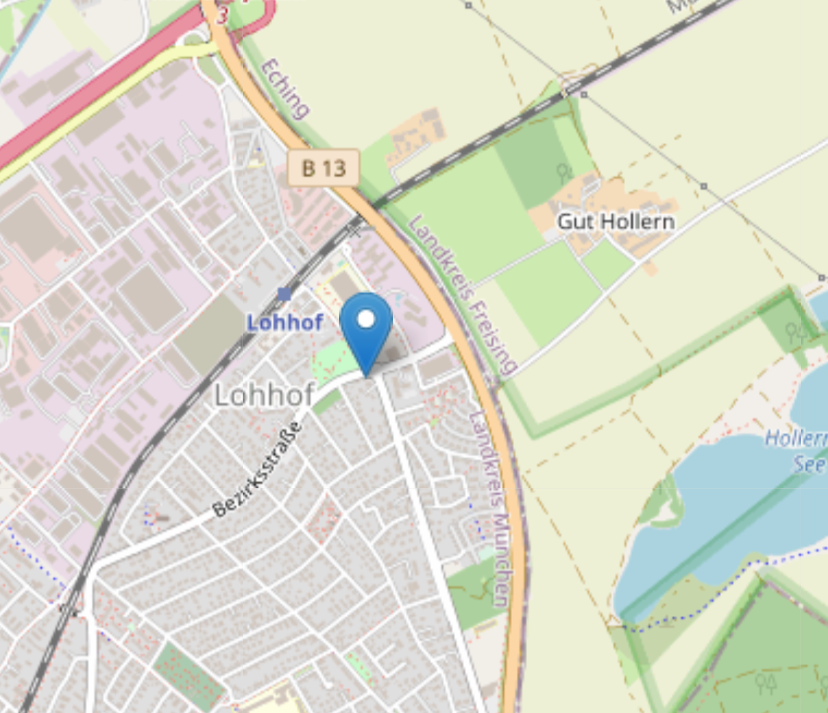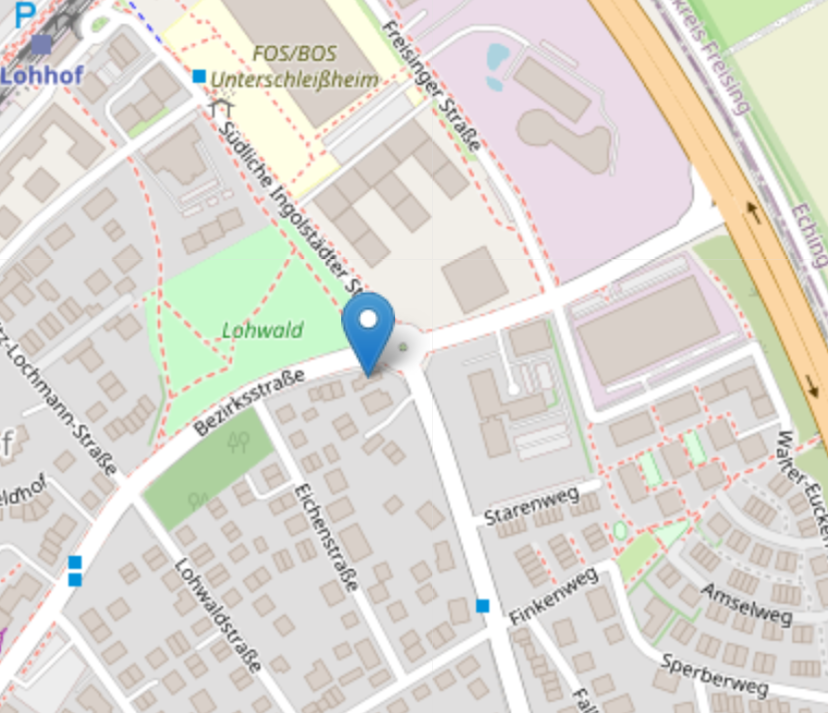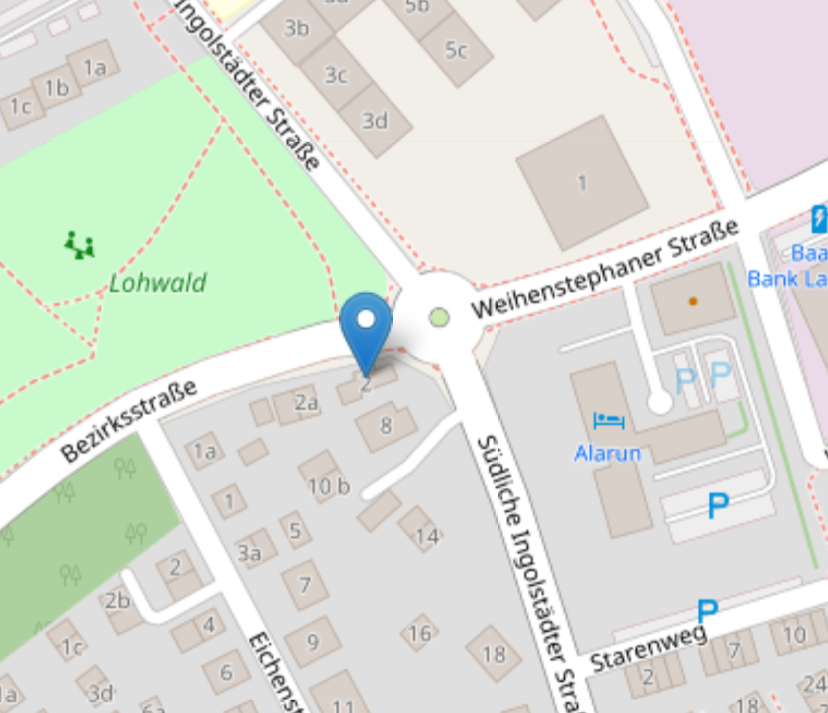The new European Unitary Patent System
On June 01, 2023, the Unified Patent Court (UPC) will start its work and thus launch the European Unitary Patent System. The unitary patent system is a new system for obtaining but also enforcing patents. It consists of two parts, the European Patent with unitary effect ("Unitary Patent", UP) and the Unified Patent Court (UPC). The Unified Patent Court will not only have exclusive jurisdiction for said unitary patents, but also existing European patents ("EP bundle patents") will fall within its jurisdiction. This concerns both new applications and already granted European patents, if the patent owner does not take any special measures (keyword: "opt-out"). Since March 01, 2023, a so-called "sunrise period" has been running in preparation for the new system, during which applicants and patent owners can and should already make decisions regarding their own patent portfolios.In this respect the two most important questions are:
- Should existing European patents, already pending patent applications and, if applicable, existing supplementary protection certificates be subject to the new system or not?
- What should the company's own filing strategy in Europe look like in the future? Should unitary effect be applied for granted European patents or should the EP bundle patent and the associated validation procedure be retained?
The European patent with unitary effect ("unitary patent")
The previous system
The current EP bundle patent potentially offers the applicant patent protection in up to 39 member states, one so-called extension state (Bosnia and Herzegovina) and four so-called validation states (Morocco, the Republic of Moldova, Tunisia and Cambodia).The European Patent Office (EPO) serves as the central examination office and thus saves the applicant the costs of parallel national application and examination procedures. After a successful examination procedure before the EPO, the patent proprietor can and must then select the countries from the portfolio described above in which the European patent is to take effect - a process which is (also) referred to as validation in the 39 member states and which may incur further costs (depending on the country: Translation costs, validation fees, costs for a domestic representative, etc.).
The national courts are responsible for enforcing patent protection after validation - in Germany, for example, the patent litigation chambers of selected regional courts for infringement and the Federal Patent Court for nullity proceedings.
The new system
In order to promote the further coalescence of the European Community and meanwhile the European Union, there have been efforts since the mid-1970s to further simplify the existing patent system and to create a uniform technical protection right throughout the Union - as already exists for aesthetic creations in the form of the Community Design (CD) and in the area of trademark rights through the Union Trademark (UM).These efforts are ongoing, with the unitary patent and the creation of a Unified Patent Court (UPC) now representing a real milestone.
With the unitary patent, a uniform, geographically indivisible patent right with effect in many states of the European Union will be available from June 01, 2023.
Currently, 17 EU states participate in this unitary patent protection:
| EPGÜ-Staaten (17) |
Koop.-Staaten (25) |
EPÜ-Staaten (39) |
||
|---|---|---|---|---|
| AL | Albania | ✓ | ||
| AT | Austria | ✓ | ✓ | ✓ |
| BE | Belgium | ✓ | ✓ | ✓ |
| BG | Bulgaria | ✓ | ✓ | ✓ |
| CH | Switzerland | ✓ | ||
| CY | Cyprus | ✓ | ✓ | |
| CZ | Czech Republic | ✓ | ✓ | |
| DE | Germany | ✓ | ✓ | ✓ |
| DK | Denmark | ✓ | ✓ | ✓ |
| EE | Estonia | ✓ | ✓ | ✓ |
| ES | Spain | ✓ | ||
| FI | Finland | ✓ | ✓ | ✓ |
| FR | France | ✓ | ✓ | ✓ |
| GB | United Kingdom | ✓ | ||
| GR | Greece | ✓ | ✓ | |
| HR | Croatia | ✓ | ||
| HU | Hungary | ✓ | ✓ | |
| IE | Ireland | ✓ | ✓ | |
| IS | Iceland | ✓ | ||
| IT | Italy | ✓ | ✓ | ✓ |
| LI | Liechtenstein | ✓ | ||
| LT | Lithuania | ✓ | ✓ | ✓ |
| LU | Luxembourg | ✓ | ✓ | ✓ |
| LV | Latvia | ✓ | ✓ | ✓ |
| MC | Monaco | ✓ | ||
| ME | Montenegro | ✓ | ||
| MK | North Macedonia | ✓ | ||
| MT | Malta | ✓ | ✓ | ✓ |
| NL | Netherlands | ✓ | ✓ | ✓ |
| NO | Norway | ✓ | ||
| PL | Poland | ✓ | ✓ | |
| PT | Portugal | ✓ | ✓ | ✓ |
| RO | Romania | ✓ | ✓ | |
| RS | Serbien | ✓ | ||
| SE | Sweden | ✓ | ✓ | ✓ |
| SI | Slovenia | ✓ | ✓ | ✓ |
| SK | Slovakia | ✓ | ✓ | |
| SM | San Marino | ✓ | ||
| TR | Turkey | ✓ | ||
Obtaining a unitary patent
The application and examination procedure up to grant is identical to the previous EP procedure.After the EPO has published a notice of grant of the European patent in the European Patent Bulletin, the applicant has one month to file a "request for unitary effect". This period is not extendable.
The request is free of official charges.
Main features of the unitary patent
A unitary patent provides uniform protection ("a single patent") in the member states participating at the time of registration (currently 17 EU states).The territorial scope of a unitary patent, once registered, remains unchanged throughout its term. If the number of participating member states changes, this has no effect on unitary patents already registered.
In other EPO states not participating in the unitary patent system, the European patent can be validated according to the previous procedure. The extension of protection (see above) is also possible as before.
Advantages
Validation in the participating member states is no longer required and a domestic representative is no longer necessary.In addition, during a transitional phase, there are simplified translation requirements which will be completely eliminated at a later date:
Within a transition phase of 6 years (max. extendable to 12 years):
- If German or French is the language of the proceedings: full translation of the patent specification into English must be submitted.
- If English is the language of the proceedings: A full translation of the patent specification into another official language of the EU must be submitted.
Maintenance fees (annual fees) are to be paid centrally to the EPO and no longer to the individual validating states.
The administration of the unitary patent is simplified: transfers, change of representative, licenses and other rights are administered centrally by the EPO and entered in the European Patent Register.
Debatable feature
Unitary patents are subject to the exclusive jurisdiction of the Unified Patent Court in infringement and inventory proceedings from the very beginning. This status can no longer be changed or even reversed, which will currently have to be decided on a case-by-case basis due to a lack of experience.Cost Comparison Maintenance - Unitary Patent (UP) vs. EP Bundle Patent
An explicit goal of the EPO was to make the maintenance fees (renewal fees) very attractive and business-friendly.The following two figures show a comparison of maintenance fees (official fees only) for the unitary patent (EPA(UP)) and a selection of country combinations validated on the basis of an EP bundle patent.
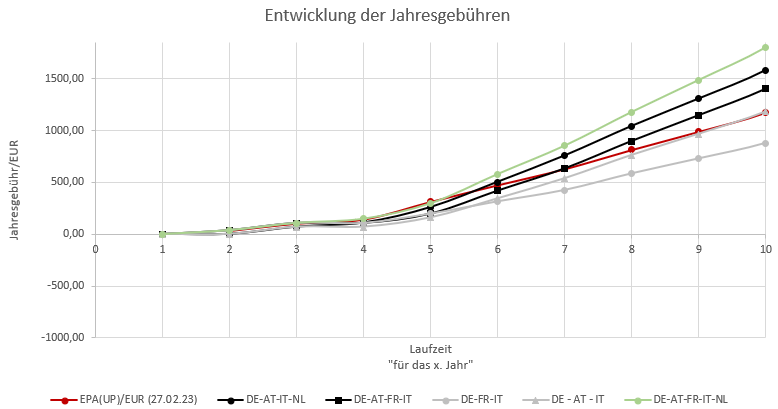
Development of annual fees:
years 0 to 10
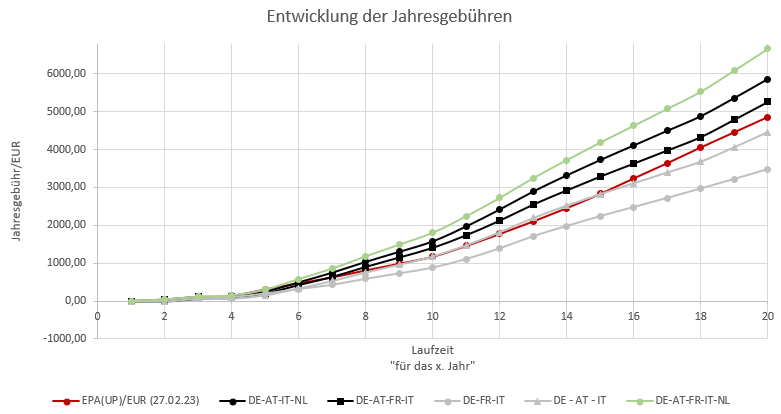
Development of annual fees:
years 0 to 20
Maintenance fees differ to a certain extent from country to country, so that for a concrete comparison of costs and a final decision-making process, the country combination desired in the individual case must be examined.
However, as can be seen above, the following trend is emerging:
- If four states of a bundle patent are selected, which are at the same time EPC contracting states, the maintenance of a unitary patent usually proves to be more cost effective from the 7th patent year on than the sum of the renewal fees of the individual states.
- In general, the more favorable a unitary patent proves to be compared to an EP bundle patent,
- o the higher the number of EPC countries for which a patentee needs patent protection, and
- o the longer the unitary patent is to be maintained.
The Unified Patent Court (UPC)
The second pillar of the European unitary patent system is the Unified Patent Court (UPC).This is a newly established court which is distributed throughout Europe in the form of various local and regional chambers as well as a central chamber and has local jurisdiction for all countries which have ratified the Unitary Patent Convention (currently 17 EU states - see above).
The EPG is exclusively responsible for infringement and nullity actions for
- all unitary patents and
- all existing and future EP bundle patents of EPC member states.
„Opt-out“
However, for a transitional period of 7 years (possibly up to 14 years), the applicant may exclude the exclusive jurisdiction of the UPC for existing and future EP bundle patents in their entirety (differentiation for individual states is excluded) by means of a request (addressing all states still in force) – it is possible to declare a so-called "opt-out".An "opt-out" can be declared once and reversed (withdrawn) once ("opt-in"), further "opt-out" requests are not possible.
An "opt-out" request is valid for the entire term of the patent, i.e. even after the end of the transitional period.
The request is free of official charges and must be filed before the Unified Patent Court.
A further prerequisite for an "opt-out" request is also that no proceedings are pending before the Unified Patent Court, this applies to infringement actions by the patent proprietor but also to nullity actions by third parties. Accordingly, no "opt-in" is possible if proceedings have already been opened for a patent before national courts.
In order to avoid a "race to court" in this respect, an "opt-out" declaration for already existing EP bundle patents is already possible during the "sunrise period", i.e., from March 01, 2023.
Procedural aspects
Before the UPC, counterclaim for invalidity is possible, i.e., infringement disputes and validity can be dealt with in one procedure.The proceedings before the UPC are to be conducted mainly in writing.
Short procedural durations are aimed for (first-instance proceedings should last 12 months (15 - 18 months, however, seem more realistic).
Especially at the beginning, the duration of the proceedings should be short, as there is no backlog of cases.
Final decisions of the UPC can be enforced automatically in all member states of the UPC Agreement.
With regard to procedural costs, there is an upper limit, which is based on the amount in dispute. However, these are relatively high: it is expected that proceedings before the UPC can be about 3 to 5 times more expensive than, for example, proceedings in Germany. However, it covers several states in which separate lawsuits have had to be filed up to now, with the corresponding cost consequences.
In summary, a centralized proceeding before the UPC is thus less costly than parallel proceedings in several separate states.
Practical advice for you as patent owner / patent applicant
General Information
The above explanations are intended to give you a first impression of what the new unitary patent system will be like from June 1, 2023.For many questions, especially concerning the decision practice of the Unified Patent Court, there are naturally no empirical values yet.
Nevertheless, some points are already emerging that may be helpful to you when drafting your own patent strategy in Europe:
Unitary patent - yes or no?
Pro
- Cost-benefit ratio:
- for the maintenance fees of approx. 4 countries, one obtains patent protection in 17 countries
- vo comparatively inexpensive translation requirements since apart from an initial national application in German, only a translation into English is required. This is often required anyway if patent protection is sought in various other (non-European) countries via a PCT subsequent application.
Contra
- Is such a large scope really necessary?
- If, for example, only Germany, France and the UK or Germany, Austria and Switzerland are to be validated, a unitary patent is not worthwhile, especially since additional costs will always be incurred for the UK and Switzerland as non-EU countries..
- As shown in the diagrams above, a unitary patent is only worthwhile on average if more than four countries are to be validated..
- Is a large scope really necessary for a long patent term?
- Often an EP bundle patent is validated in many different EPC countries at the beginning of its term until the most profitable markets have emerged. Once this is done, individual, unprofitable countries are selectively dropped..
- This is not possible with a unitary patent.
Worth discussing:
- With the decision for the unitary patent, one is bound to the Unified Patent Court:
- At the moment there is still a lack of case law;
- Legal proceedings before the UPC are central attacks against the patent;
- In case of infringement, however, one's own rights can also be asserted in a single proceeding.
"Opt-out" for existing EP bundle patents - yes or no?
Pro
- (Still) lack of confidence towards the UPC;
- The developing legal practice can initially be awaited;
- Expected to incur higher procedural costs compared to an initial national procedure. In the case of parallel proceedings in several countries, however, the new place of jurisdiction should prove more favorable;
- Litigation experience gained in a first national proceeding can be taken into account in parallel foreign proceedings; while a UPC proceeding is usually terminated after two instances;
- Avoidance of a central attack against the EP bundle patent;
- Is there a risk of invalidity proceedings against the patent "out of the blue"? If so, an "opt-out" might be advisable to avoid a central attack against the patent.
Contra
- "Lack of confidence" could be unjustified:
- many experienced judges have been recruited for the UPC;
- in case of litigation before a German local chamber, two of the judges* will be German - this speaks for a high/known quality;
- No possibility to influence the UPC jurisprudence by own participation;
- Landmark decisions are often made in the early years of a new system (cf. early case law of EPO Boards of Appeal).
Conclusion
The introduction of the unitary patent and the Unified Patent Court is the biggest change in European patent law since the introduction of the EPC 50 years ago.The issues involved are relatively complex and often dependent on individual cases.
In addition, there are still many unanswered questions, especially regarding the future jurisdiction of the Unified Patent Court, but at the latest after the end of the transitional period, the UPC will replace the national court procedures for all European patents.
We would be pleased to support you in this exciting field.
Please feel free to contact us for all questions concerning the Unitary Patent, an "opt-out" of your existing IP rights and proceedings before the Unified Patent Court.



